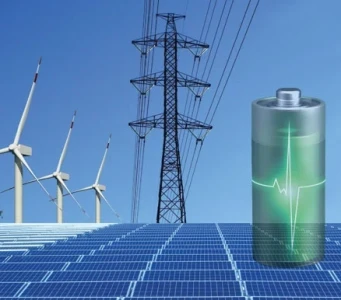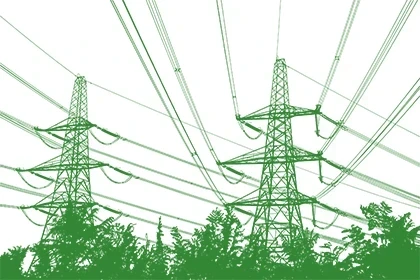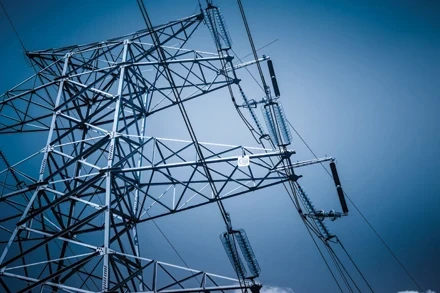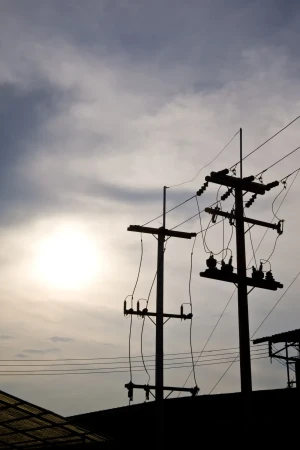Massachusetts Utilities File $5B Efficiency Plan

Massachusetts' utility companies have unveiled an ambitious $5 billion energy efficiency plan designed to bolster the state's efforts to meet its climate goals and provide substantial savings to consumers. The proposed initiative, called the Mass Save program, aims to expand energy-saving opportunities for homeowners, businesses, and industries throughout the state. This plan represents a significant step in Massachusetts' broader strategy to reduce greenhouse gas emissions and transition to a cleaner, more sustainable energy grid.
What is Mass Save?
Mass Save is a long-standing energy efficiency program administered by the state's utilities in collaboration with the Massachusetts Department of Energy Resources (DOER) and the Massachusetts Clean Energy Center (MassCEC). The initiative offers financial incentives, rebates, and technical assistance to consumers and businesses to help them reduce energy use. The program has already been successful in helping thousands of residents and organizations lower their energy bills, improve energy efficiency, and reduce their carbon footprints.
With this new $5 billion plan, utilities aim to accelerate the program’s impact by expanding its scope and enhancing available services. The plan covers a wide range of energy-saving measures, including the installation of energy-efficient appliances, home insulation, lighting upgrades, and the use of smart thermostats. For businesses, the program also focuses on energy audits, industrial upgrades, and advanced heating and cooling systems to optimize operations and reduce overhead costs.
Key Features of the $5B Efficiency Plan
-
Expanded Incentives for Consumers: One of the most significant elements of the new plan is the expansion of rebates and incentives for both residential and commercial customers. These incentives will be designed to make energy-efficient upgrades more accessible for a broader segment of the population, including low- and moderate-income households. By lowering the upfront costs of energy-saving improvements, the program hopes to encourage more widespread participation.
-
Increased Focus on Decarbonization: The program will play a crucial role in Massachusetts' broader efforts to decarbonize its energy grid. As the state aims to achieve net-zero emissions by 2050, energy efficiency will be a cornerstone of these efforts. The new Mass Save program will prioritize energy-saving measures that reduce carbon emissions, such as electrification of heating systems and the promotion of renewable energy technologies like solar power.
-
Support for Large Businesses and Industries: Massachusetts' industrial and commercial sectors are expected to benefit from enhanced support under the new plan. Utilities will offer tailored services to help large energy users identify areas for improvement, implement energy-efficient technologies, and reduce overall energy consumption. The program aims to support both small businesses and large enterprises in lowering operational costs while promoting sustainability.
-
Workforce Development: As part of the broader energy efficiency plan, the utilities also aim to create new jobs in the clean energy sector. The program will support workforce development initiatives by training technicians and energy experts who can assist in the implementation of efficiency upgrades. This will help build a sustainable workforce to support Massachusetts' growing clean energy economy.
-
Technological Innovations and Smart Solutions: The Mass Save program will leverage the latest technologies in energy management and data analytics to help consumers track and reduce their energy consumption more effectively. Smart thermostats, energy monitoring systems, and other advanced technologies will be promoted to encourage more efficient energy use at both the residential and commercial levels.
Expected Benefits of the $5B Plan
The proposed $5 billion plan is expected to generate a range of significant benefits for Massachusetts residents and businesses:
-
Lower Energy Bills: The most immediate benefit for consumers will be a reduction in their monthly energy bills. By improving home insulation, upgrading to energy-efficient appliances, and using smarter energy management systems, households can significantly cut their heating and cooling costs.
-
Job Creation: With the expansion of the Mass Save program, many new jobs will be created in the energy efficiency and clean energy sectors. From energy auditors to installation specialists, the program will foster the growth of the green workforce in Massachusetts.
-
Environmental Impact: By helping consumers and businesses reduce their energy consumption, the program will also contribute to a reduction in greenhouse gas emissions. This aligns with the state's climate goals, which include achieving a 50% reduction in emissions by 2030 and reaching net-zero emissions by 2050.
-
Enhanced Resilience: Energy-efficient buildings are better equipped to handle extreme weather conditions, which is particularly important as climate change leads to more frequent and intense storms in the region. Upgrades such as better insulation and weatherproofing help homes and businesses stay warmer in the winter and cooler in the summer.
The $5 billion Mass Save energy efficiency plan marks a significant leap forward in Massachusetts' commitment to reducing energy consumption, cutting costs, and combating climate change. By expanding access to energy-saving measures, supporting businesses, and creating a greener workforce, the initiative is set to provide lasting benefits to the state’s residents and the environment alike. With this ambitious new plan, Massachusetts is setting a powerful example of how utility companies can drive both economic and environmental sustainability in the fight against climate change.








